Global economy heading towards tipping points
Based on your experience, what is one of the important issues to be solved over the next 10 years?
When I worked on the tv series “Tipping Points of Climate” I came to admire the collective wisdom of the community of tens of thousands of scientists creating knowledge about Mother Earth, and how we humans influence its ingenious interconnected systems we depend on.
With our highly efficient machine called the “global economy” we are heading for disaster by destroying the ecosystem we are part of, causing loss of biodiversity, atmospheric heating and a general overconsumption of limited resources. Although many now see that this is unwise, nobody seems to be held accountable, able to stop the machine, repair it, or replace it.
I believe we need to get the machine back to work within planetary boundaries in the next ten years. For this we need to create a countdown running backwards, defining every step. We need people that take responsibility to change the course, people who can respect equal rights of all humans and the rights of all beings to exist. We need an exponential growth of “solution spaces” for these people to get going. Imagine the incredible speed similar to the deployment of the Covid vaccines.
A filmmaker’s view point on impact
From your perspective, what do you think are some of the biggest challenges in the impact space?
As a filmmaker, you learn to see things in a multimodal way and from many different angles: from above, outside, inside and underneath - and from input to outcome.
When I look at the challenges ahead (e.g. the climate disaster) I see a lot of money and resources, but in the wrong solution spaces. I see technology fit for delivery but not the right people to make use of it. And I see schools and learning systems still hovering in solution spaces from the 19th century unfit for developing the desirable communication skills and brainpower in people to connect dots and create integrated solutions across sectors.
Six years ago the UN Sustainable Development Goals were signed by 193 states. All declared to implement Education for Sustainable Development into their education system and train solution seekers for tomorrow. Very little happened. Only the Fridays4future movement with some good questions managed to drill through the sticky institutional dough surrounding the learning sphere.
Consequently youth4planet is developing - in cooperation with others – fast tracks and passing lanes that allow for young people to use their smart power-in-their-pocket devices to bypass the hurdles of the current learning systems, anticipate solutions and act proactively. Running through simple steps (researching – understanding – creating – visualizing – promoting – integrating feedback) they learn from their mistakes in a co-creative filmmaking and storytelling process. Effective digital connectivity will grow solution spaces exponentially and thus help to earn the digital dividend.
“Smart forces” to have an impact
Joerg, please share the long-term vision you have for your work and how you measure & quantify your impact.
My vision is to make Youth4planet storytelling and film processes available for every kid, worldwide, as a tool for learning about the laws of nature, cooperation, co-creation, and optimistic engagement. Scientists tell us that the next 10 years are crucial for tackling the climate crisis. Let’s form “smart forces” to have an impact in the real world.




